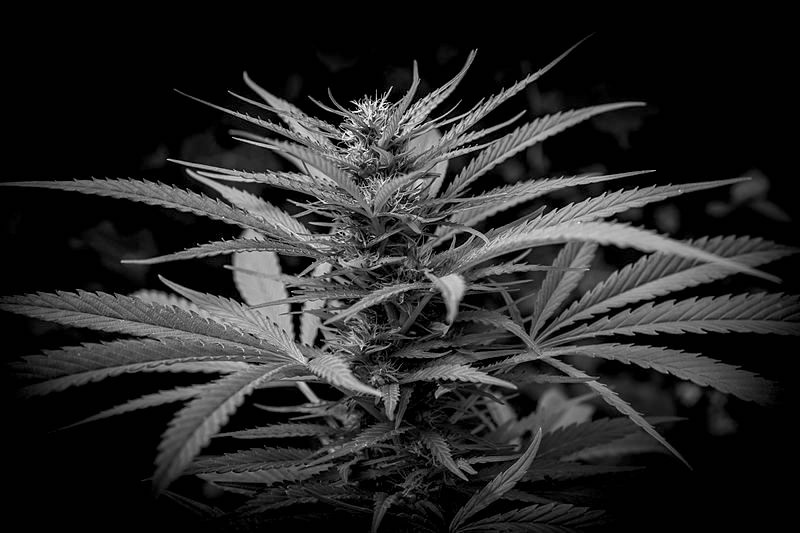As they grapple with an enormous excess of marijuana, state agencies are struggling to prevent it from going into the black market.
Oregon currently grows so much weed that it would take Oregonians at least six years to smoke or ingest it all. Oregon weed that sells for pennies in the state’s oversaturated legal marketplace is trucked over to weed-hungry neighboring state still under federal prohibition.
A threat assessment from a federal agency that tracks cannabis in Oregon, Washington and Idaho found millions of dollars of surplus weed on its way to other states.
In 2018, according to an Oregon Liquor Control Commission inventory, 498,952 kg (1 million pounds) of usable cannabis flower was available to sell, but only 31% was sold to Oregon consumers.
Between July 2015 and January 2018, authorities seized $48 million of Oregon cannabis out of state. Most of it was headed for Minnesota, Florida, Wisconsin, Missouri, Virginia, Illinois, Arkansas, Iowa, Maryland and Texas. All in all, Oregon cannabis was found en route to 37 other states.
Oregon marijuana growers operate in two markets with different rules: medical and recreational. The Oregon Liquor Control Commission oversees the recreational market, and its spokesman Mark Pettinger says the agency’s tracking is doing its job. He says most of the black-market weed comes from medical growers, regulated mostly by the Oregon Health Authority.
According to federal data, many of the illegal shipments come from Jackson and Josephine counties in Southern Oregon.
A patchwork of state agencies regulate cannabis, making way for confusion and inefficiency. Oregon Liquor Control Commission inspectors have no power to take away medical licenses if they suspect criminal activity. The best they can do is report possible violations to the Oregon Health Authority. A call to an Oregon Health Authority spokeswoman was not returned by press time.
Although the Oregon Liquor Control Commission tracks all marijuana in the recreational market, its lack of resources is showing through. According to a Secretary of State audit released in January, only 3% of retailers and 32% of growers have had a compliance inspection.
Pettinger says the agency needs more people. Right now, 59 inspectors sift through hours of video that cannabis growers are required to record, visit sites and track all recreational product throughout the state. There are enough inspectors for every 100 licenses, but the agency says it needs to bring that number closer to 75 within the next two years. It’s also calling for more data analysts to sort through the information in the tracking system.
Adding to the agency’s stress, market corrections are straining the system. With cannabis businesses folding at a clip, mergers, acquisitions and consolidation are becoming widespread. Big cannabis is gobbling up the little guys. All of those changes require modifications to existing licenses, a process that can be almost as time consuming as awarding a new license.
“We didn’t anticipate the amount of time this would take,” Pettinger says. “It takes time to adapt to people selling out and consolidating.”
Pettinger says the tracking system that prevents product from reaching the black market is holding up. But with no end in sight to the oversupply, there are real concerns that legal growers will divert more weed into the black market.
To subscribe to Oregon Business, click here.




